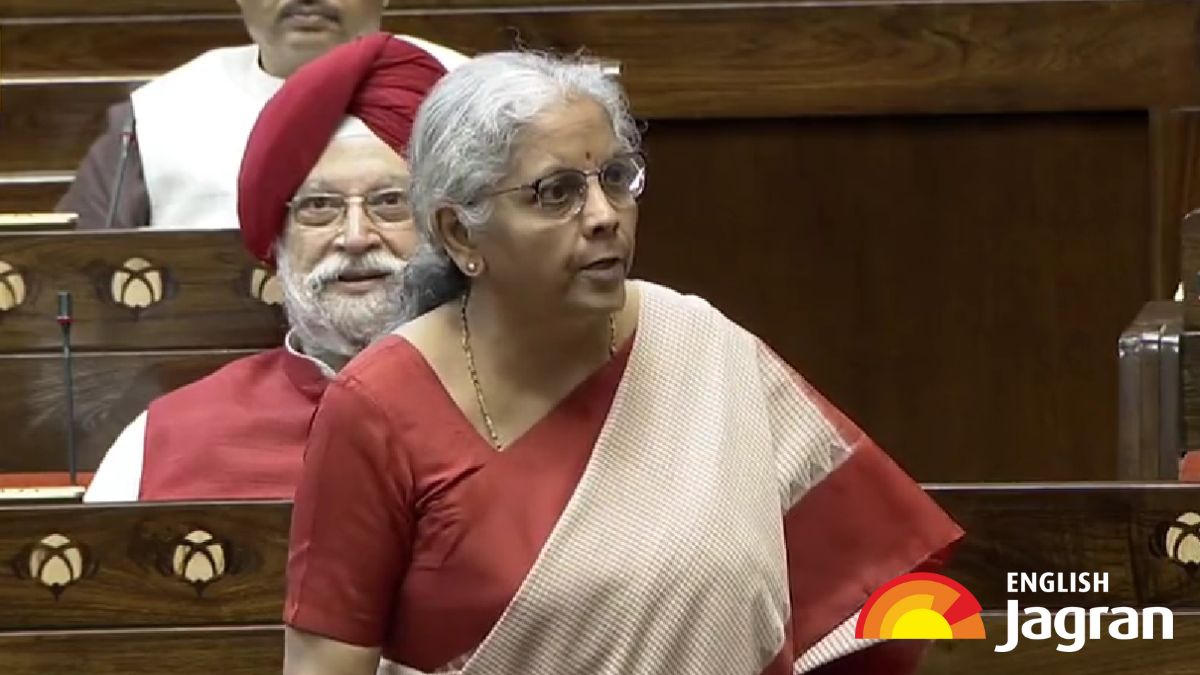- By Aditya Pratap Singh
- Wed, 07 Aug 2024 06:53 PM (IST)
- Source:JND
Finance Minister Nirmala Sitharaman stated on Wednesday that the LTCG tax proposal, which was earlier introduced in the budget, on real estate has been amended to allow taxpayers to calculate their tax liability at reduced rates under the old system or without indexation and pay the lower of the two.
In response to the Finance Bill debate, Finance Minister Nirmala Sitharaman said that the rollover facility would be available to taxpayers who purchased new immovable properties using the capital gains from the sale of old properties.
The opposition and tax professionals, among others, sharply criticized the Budget 2024-25 proposal to eliminate the benefit of indexation in the calculation of long-term capital gains on the sale of immovable assets.
The budget tabled on July 23 also proposed to eliminate the indexation benefit and reduce the LTCG tax by 12.5 percent, from 20 percent.
The major amendment to the bill is that sales of properties purchased before July 23, 2024, should claim a rate of 12.5 percent without indexation or indexation benefits relating to the restoration of indexation benefits and pay a 20 percent tax.
Sitharaman stated that the Budget proposed to eliminate the indexation facility to bring all asset classes under one rate and not to increase revenue.
The amendment is getting positive responses from real estate experts.
"The amendment moved by the Finance Minister offers flexibility in computing long-term capital gains (LTCG) tax, allowing taxpayers to choose between a lower rate of 12.5% without indexation or a higher 20% rate with indexation for properties acquired before July 23, 2024. This enables property owners to strategically plan their sales, paying the lower of the two tax rates. This change provides much-needed relief for property owners and, consequently, the real estate industry, a significant employment generator in the economy. It also allows for more stability in the real estate market," said Mohit Jain, Managing Director, of Krisumi Corporation.
"The Indian government's recent easing of property tax regulations is a big step that will help the real estate sector. Middle-class investors who felt burdened by the previous tax regime have had one of their main concerns addressed by the government by reducing the long-term capital gains tax on real estate from 20% to 12.5%. Property owners will experience less financial burden as a result of this shift, which also increases the appeal of real estate investments," said Abhishek Raj, Founder and CEO of Jenika Ventures.
